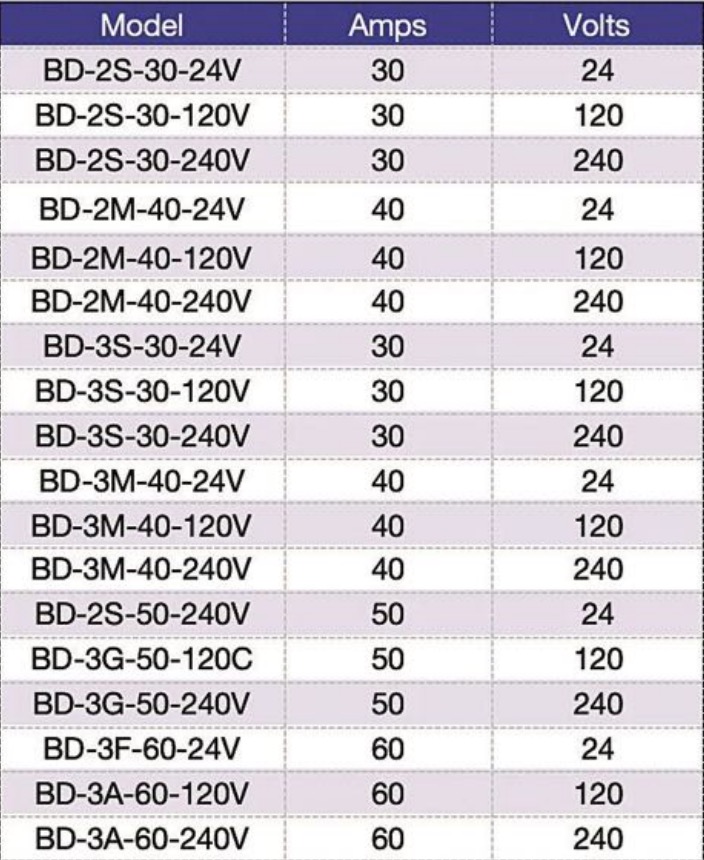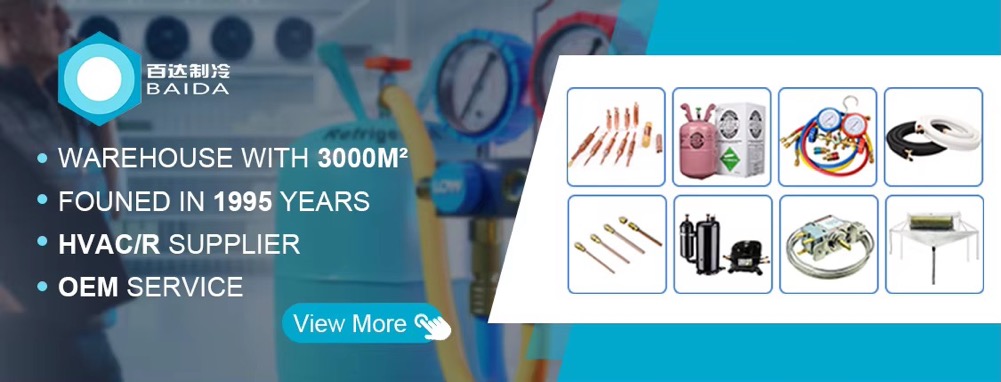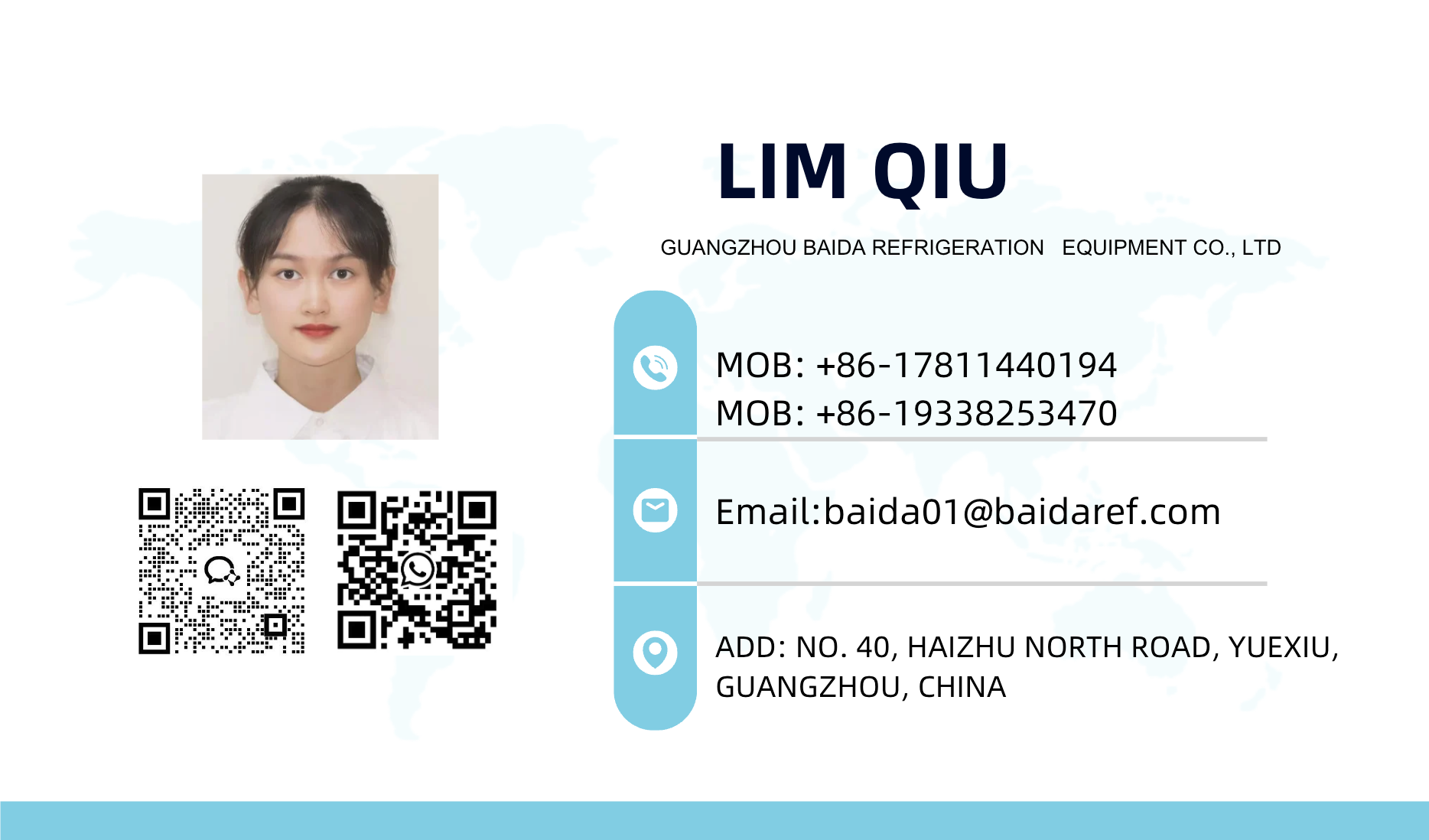A contactor is an electrical device used to control a motor or other load by frequently switching the main circuit on and off through remote control. Contactors are mainly used in AC circuits, but can also be used in DC circuits.
Hee are some key features and uses of contactors:
Product Features:
Remote Control: Allows the start and stop of a motor to be controlled from a distance.
High Current Carrying Capacity: Designed to carry high current loads.
Frequent Operation: Suitable for applications that require frequent starting and stopping.
Protection Function: Can be used with an overload protector to prevent the motor from overheating.
Multiple Voltage and Current Specifications: A variety of models are available to accommodate different voltage and current requirements.

Product Uses:
Industrial Automation: Control motors and other equipment on production lines.
Household Appliances: Motor control such as air conditioners, washing machines, etc.
Commercial Equipment: Control such as elevators, compressors, etc.
Energy Management: Control loads in energy management systems.
Technical Parameters:
The technical parameters of the contactor include rated current (Amps), rated voltage (Volts), and coil voltage. For example, a contactor model BD-2S-30-24V has a 30 amp rating for a 24 volt coil voltage.
Installation and Maintenance:
Installation: Typically mounted on a control panel or motor starter.
Maintenance: Regularly check contact points for wear and clean contactors to ensure they function properly.
Contactors are an integral component of electrical control systems and are critical to ensuring reliable operation of motors and other equipment.








